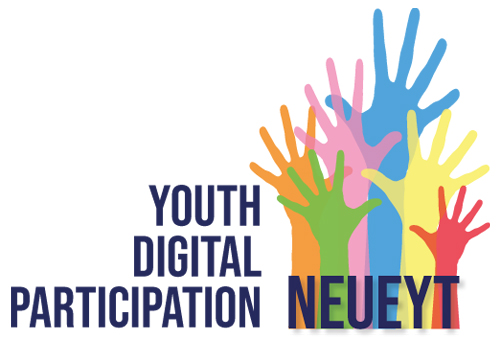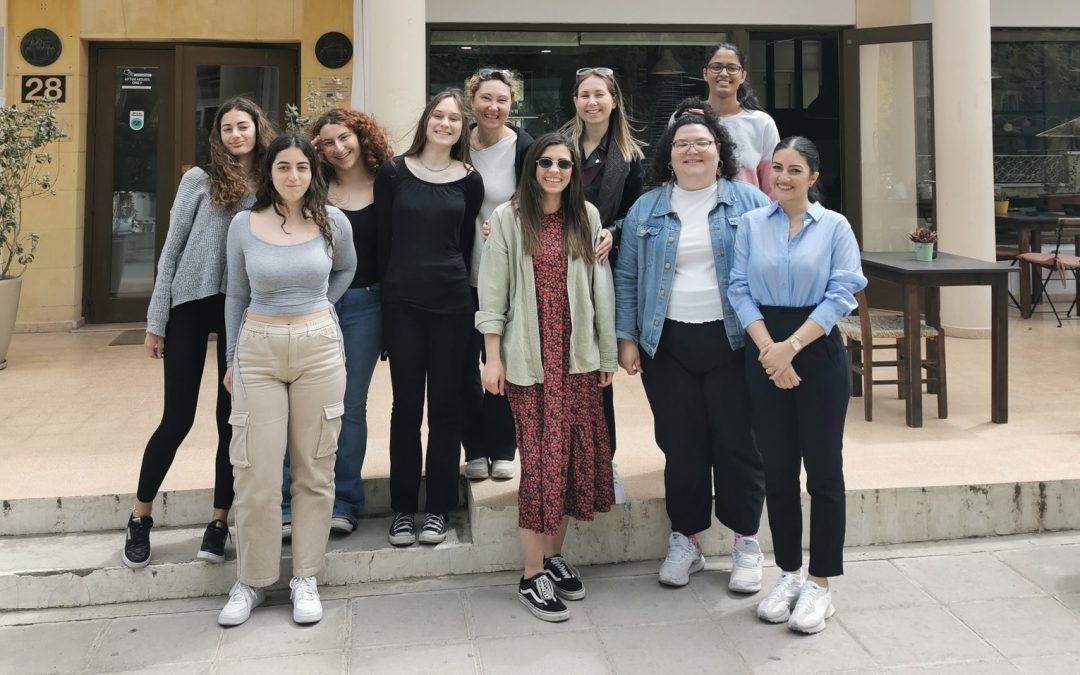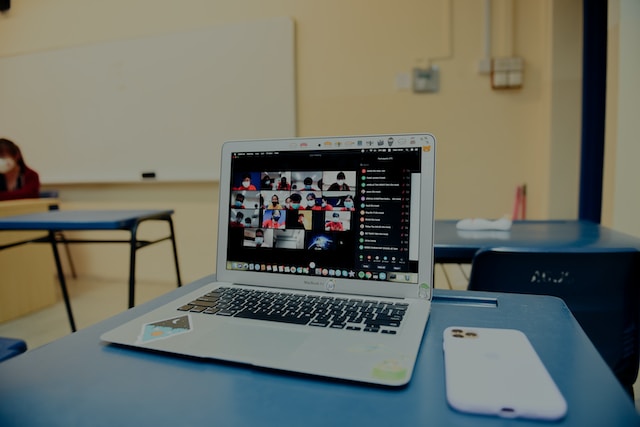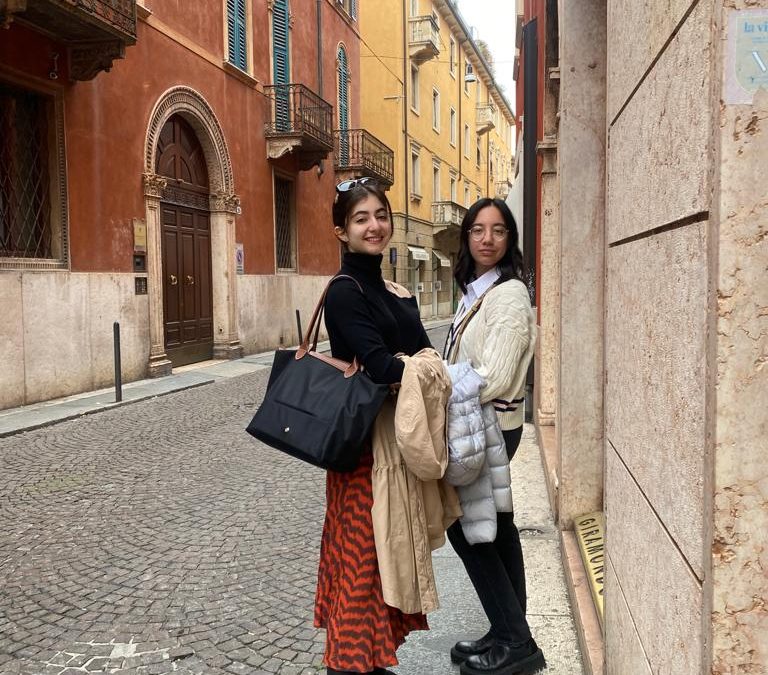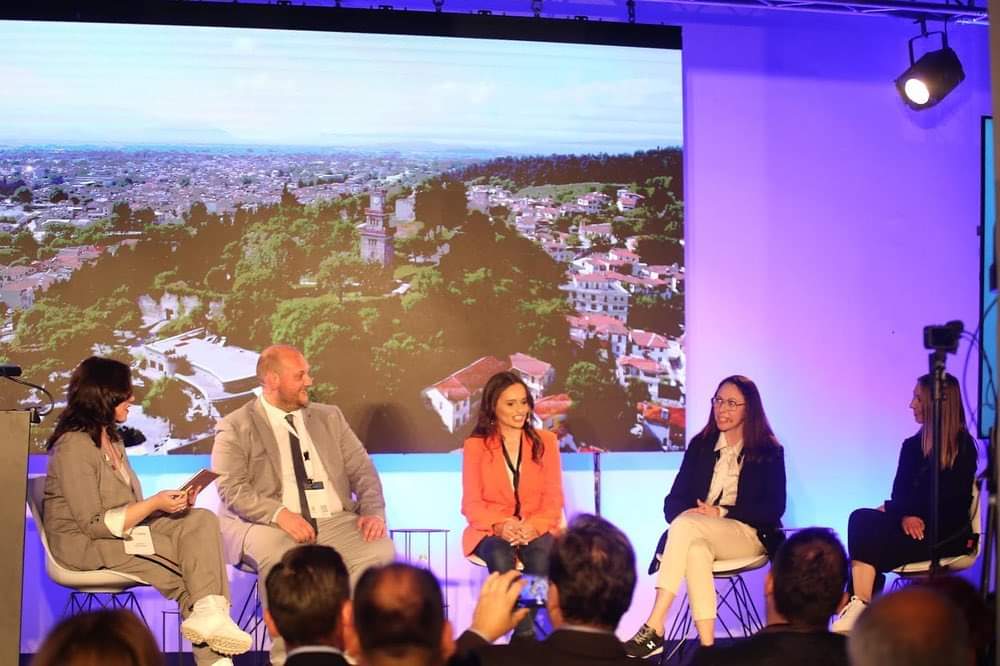
Presenting the NEUEYT project to the local community and high level political stakeholders
We are excited to inform you that E-TRIKALA, one of the Greek partners had the opportunity to introduce via a banner, brochures and videos, the NEUEYT project during a two days Conference that took place on 20 and 21 of April in the Greek city of Trikala.
The conference, Trikala 2030 (https://trikala2030.gr/) promotes the goal for a sustainable city by introducing to the public concepts like:
• Infrastructure utilization
• Promoting urban and thematic tourism, through the sustainable management of its resources.
• Adopting solutions to reduce carbon footprint and slow down climate change.
• Improvement of services by adopting new technological solutions for the benefit of the citizens.
• Encouraging the younger generation to participate meaningfully in planning and decision-making.
• Enhancing innovation and start-up entrepreneurship.
• Taking advantage of the region’s development prospects, highlighting the Comparative advantages.
On the second day of the conference E-TRIKALA organized a panel discussion with the title “Promoting Youth Democratic participation, Creating the first youth council via the NEUEYT PROJECT”. Speakers from the youth council, the organizing committee, mayors and vice mayors discussed and exchanged ideas on how to better include young people on democratic initiatives. Special focus was given to the importance of digital tools and our experience on the NEUEYT project.
